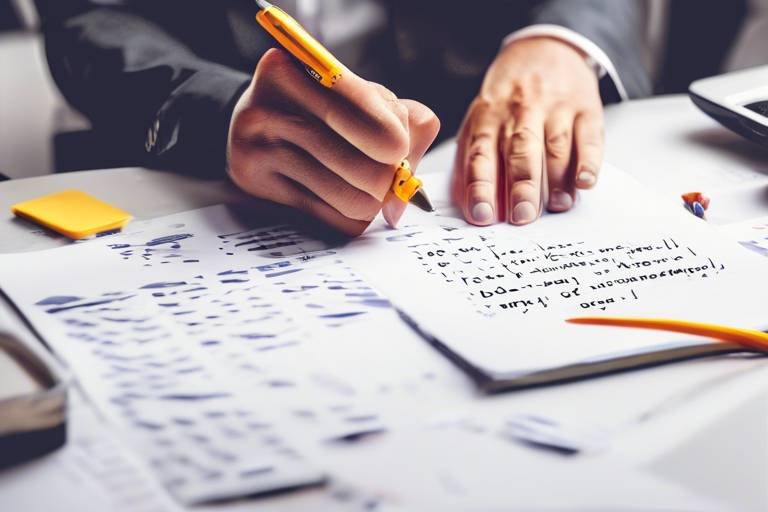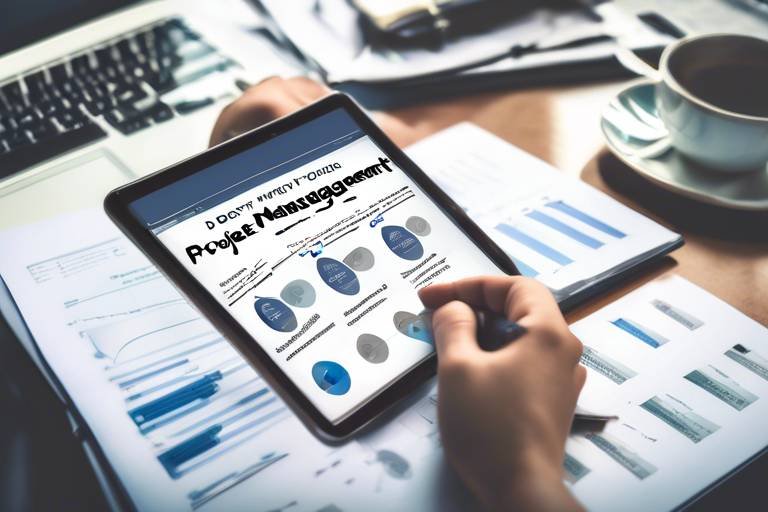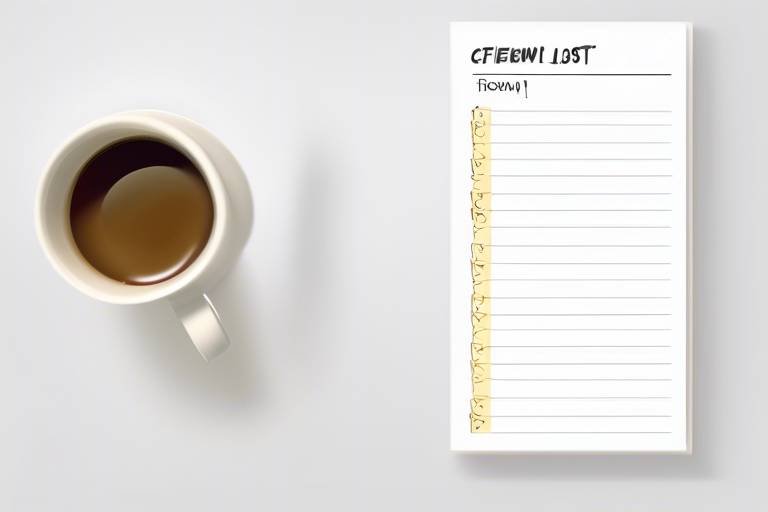How to Create a Structured Workday for Maximum Efficiency
Are you tired of feeling overwhelmed and unproductive during your workday? Do you find yourself constantly jumping from one task to another, struggling to stay focused? Creating a structured workday can be the key to unlocking your maximum efficiency and productivity. By implementing a few simple tips and strategies, you can transform your work routine and achieve more in less time.
Establishing a morning routine is crucial in setting the tone for the rest of your day. Starting each morning with a consistent routine can help you ease into the day, boost your energy levels, and prepare your mind for the tasks ahead. Whether it's a quick workout, meditation session, or enjoying a cup of coffee, find what works best for you to kickstart your day on a positive note.
Planning and prioritizing tasks is essential for staying organized and on track. Creating a to-do list can help you visualize your workload, identify priorities, and allocate time efficiently. By categorizing tasks based on urgency and importance, you can ensure that you tackle the most critical tasks first and avoid feeling overwhelmed by a long list of to-dos.
Setting specific goals for the day can provide you with a clear direction and purpose. Define achievable objectives that align with your long-term goals and break them down into smaller tasks. By setting milestones and tracking your progress throughout the day, you can stay motivated and focused on what needs to be accomplished.
Allocating time blocks for different tasks can prevent multitasking and improve your concentration. By dedicating specific time slots to focus on individual tasks, you can eliminate distractions and work more efficiently. This structured approach allows you to immerse yourself fully in a task without feeling pulled in multiple directions.
Remember to take regular breaks throughout your workday to recharge and maintain mental clarity. Stepping away from your desk, stretching, or going for a short walk can help refresh your mind and prevent burnout. Breaks are essential for sustaining productivity and preventing fatigue, so don't underestimate the power of taking a moment to relax.
Minimizing distractions in your work environment is crucial for maintaining focus and productivity. Identify common distractions such as social media, noisy surroundings, or cluttered workspaces, and take steps to eliminate or reduce them. Creating a conducive work environment free from distractions can significantly enhance your efficiency and workflow.
Utilizing technology tools and apps can streamline your tasks, manage your time effectively, and enhance your overall efficiency. From project management software to time-tracking apps, there are numerous tools available to help you stay organized and productive. Explore different options and find the tools that best suit your work style and preferences.
At the end of each workday, take time to reflect on your accomplishments, challenges, and areas for improvement. Identify what worked well and what could be done differently to enhance your productivity. By reflecting on your daily performance and making necessary adjustments, you can continuously optimize your workday for maximum efficiency.

Establish a Morning Routine
Tips and strategies for organizing your workday to enhance productivity and effectiveness.
Starting your day with a consistent routine is crucial for setting a positive tone and boosting productivity. Just like a morning ritual can prepare you for the day ahead, a structured morning routine can prime your mind for the tasks at hand. Imagine your morning routine as the foundation of a building – without a solid base, the rest of the structure may crumble. By establishing a morning routine, you are essentially laying the groundwork for a successful workday.
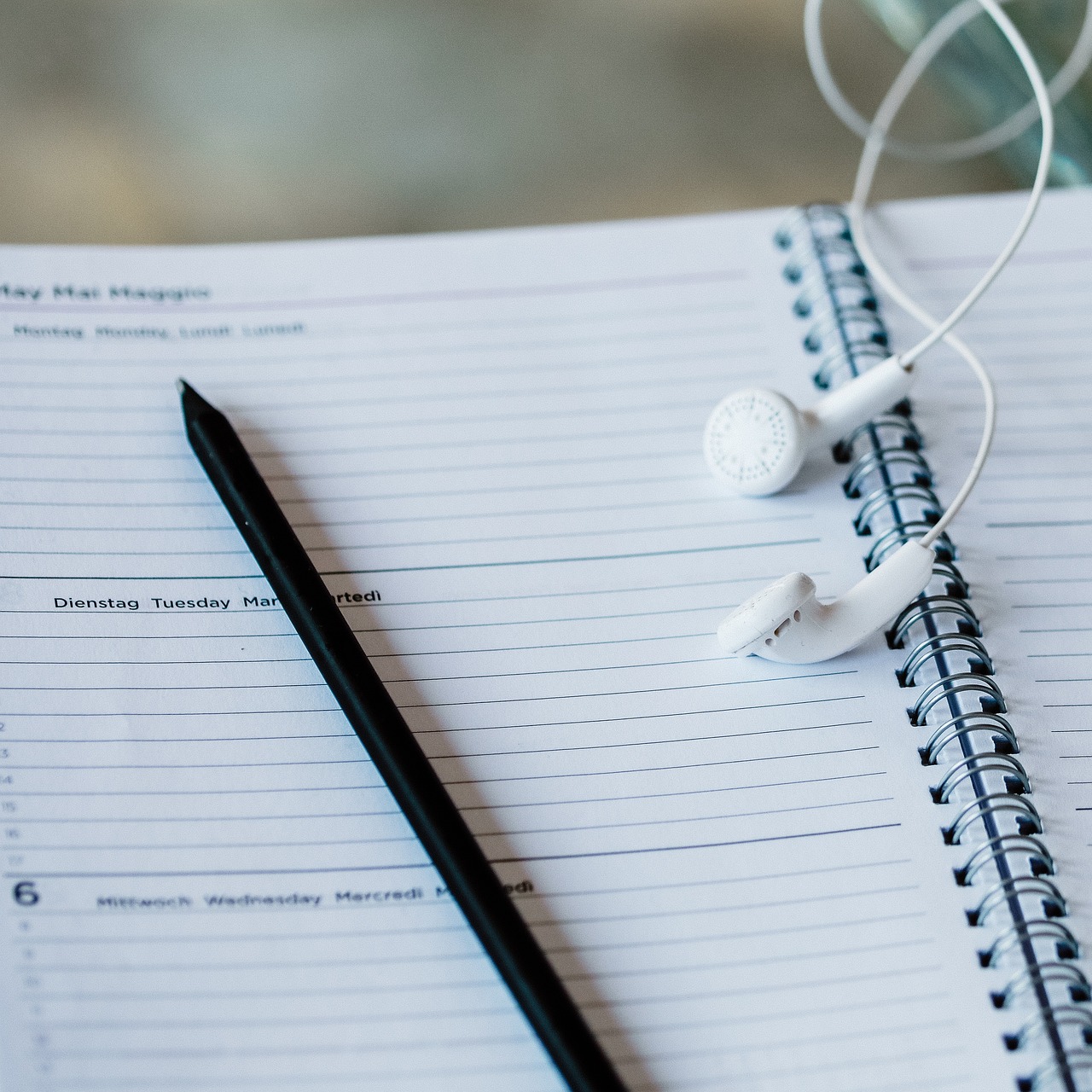
Plan and Prioritize Tasks
Tips and strategies for organizing your workday to enhance productivity and effectiveness
Importance of starting the day with a consistent routine to set a positive tone and boost productivity
The significance of creating a to-do list and prioritizing tasks based on urgency and importance
When it comes to tackling your workload effectively, planning and prioritizing tasks are key elements. Imagine your tasks as ingredients for a recipe; you wouldn't just throw them all in at once without a plan, right? By creating a to-do list, you can visually see what needs to be done and determine the order of importance. This helps in focusing your energy on the most critical tasks first, ensuring that nothing essential gets overlooked.
How setting clear and achievable goals can help focus your efforts and track progress throughout the day
The benefits of scheduling dedicated time blocks for specific tasks to avoid multitasking and improve concentration
The importance of incorporating short breaks into your workday to recharge and maintain mental clarity
Strategies for identifying and reducing distractions in your work environment to stay focused and productive
Introduction to useful apps and software that can streamline tasks, manage time, and enhance efficiency
The value of reflecting on your workday, identifying areas for improvement, and making necessary adjustments for future productivity

Set Specific Goals
Setting specific goals is like plotting a course on a map before embarking on a journey. It provides you with a clear direction and a target to aim for throughout your workday. When you have specific goals in mind, you can better focus your efforts, prioritize tasks, and measure your progress. Without a defined goal, it's easy to feel lost or overwhelmed by the multitude of tasks that demand your attention.
Imagine trying to reach a destination without knowing the address or even the general area you're heading towards. It would be aimless wandering, hoping to stumble upon your destination by chance. Similarly, in the absence of specific goals, your workday may lack purpose and direction, leading to inefficiency and a sense of stagnation.
Setting specific goals involves breaking down larger objectives into smaller, manageable tasks. This approach not only makes your goals more achievable but also allows you to track your progress more effectively. By outlining clear milestones and deadlines, you create a roadmap that guides you through your workday, keeping you on track and motivated.
Moreover, specific goals help you prioritize your tasks based on their relevance to the overarching objectives. Instead of getting bogged down by trivial or non-essential activities, you can channel your energy towards activities that directly contribute to your desired outcomes. This targeted approach enhances your productivity and ensures that your efforts are aligned with your ultimate goals.
Incorporating specific goals into your workday is not just about setting targets; it's also about fostering a mindset of purposeful action. When you have a clear vision of what you want to achieve, you are more likely to stay motivated and focused throughout the day. Each task becomes a stepping stone towards your larger goals, propelling you forward with a sense of accomplishment and progress.

Allocate Time Blocks
When it comes to maximizing efficiency in your workday, one powerful strategy is to allocate time blocks for specific tasks. By dedicating focused time periods to individual activities, you can avoid the pitfalls of multitasking and enhance your concentration.
Imagine your workday as a well-organized puzzle, with each time block representing a unique piece that fits perfectly into the overall picture of productivity. By segmenting your day into these blocks, you create a structured framework that allows you to tackle tasks with precision and purpose.
One effective way to allocate time blocks is to group similar tasks together. For example, you can designate a block for responding to emails, another for creative work, and another for meetings or calls. This approach helps streamline your workflow by minimizing context switching and allowing you to dive deep into specific types of work.
Additionally, setting time limits for each block can add a sense of urgency and focus to your tasks. By challenging yourself to complete a task within a defined timeframe, you can boost your productivity and prevent procrastination. This time-bound approach encourages you to work efficiently and stay on track throughout the day.
Moreover, allocating time blocks enables you to create a balanced schedule that accounts for both high-energy and low-energy periods. By strategically planning your most demanding tasks during your peak performance times and reserving easier tasks for when your energy dips, you can optimize your productivity levels and maintain a consistent workflow.
Overall, allocating time blocks in your workday is a powerful technique for enhancing efficiency and productivity. By structuring your day around focused intervals of work, you can harness your time effectively, minimize distractions, and achieve your goals with clarity and purpose.
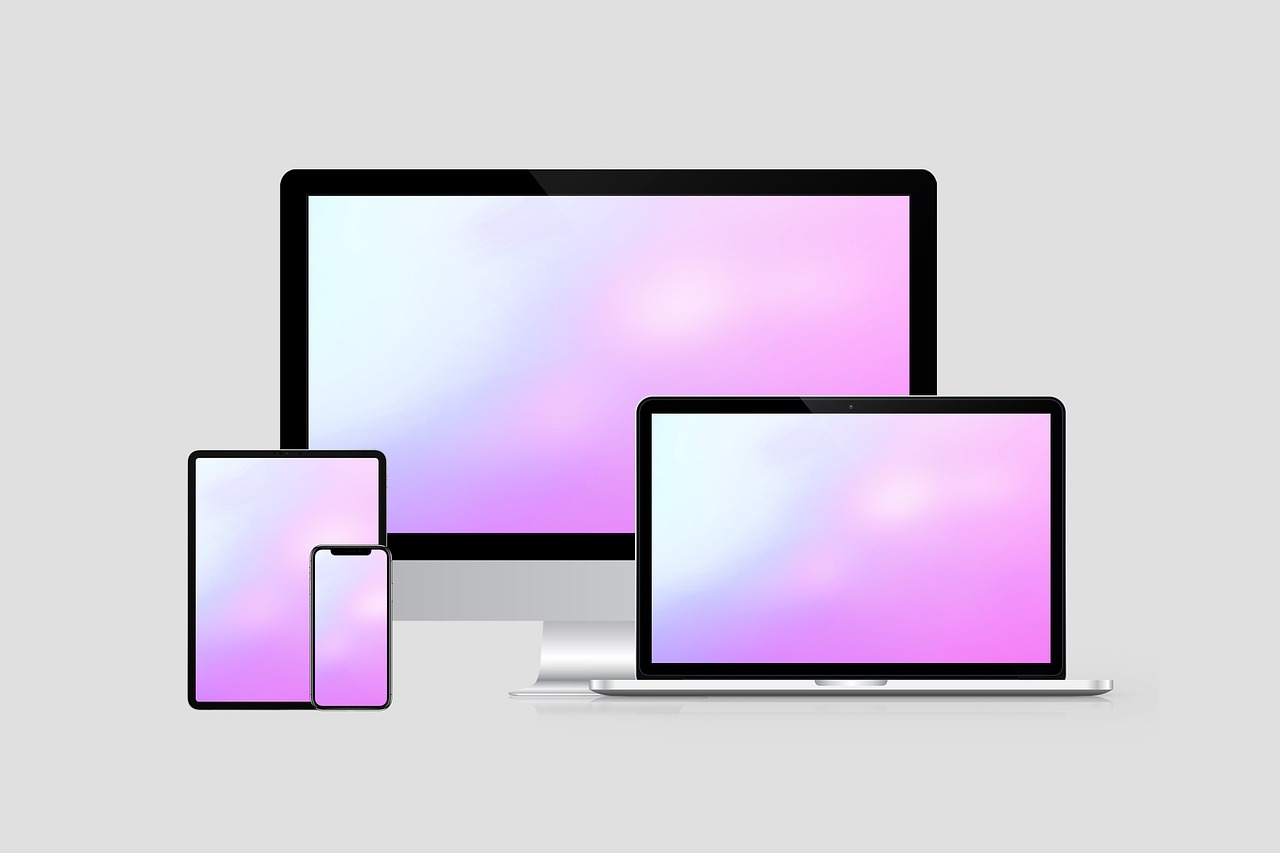
Take Regular Breaks
Tips and strategies for organizing your workday to enhance productivity and effectiveness.
Regular breaks are essential for maintaining optimal productivity and mental clarity throughout the workday. Just like a car needs to refuel to keep running smoothly, our brains also require breaks to recharge and function at their best.
When you work continuously without breaks, your focus and concentration tend to diminish, leading to decreased efficiency and potential burnout. By incorporating short breaks into your work schedule, you give your mind a chance to rest and reset, allowing you to return to tasks with renewed energy and focus.
Research has shown that taking short breaks throughout the day can actually improve overall productivity. These breaks don't need to be long - even just a few minutes to stretch, walk around, or grab a healthy snack can make a significant difference in your ability to stay sharp and engaged.
Consider setting a timer to remind yourself to take breaks at regular intervals. This can help you establish a rhythm and prevent yourself from getting too absorbed in a task for an extended period of time.
In addition to physical breaks, mental breaks are also crucial. Engaging in activities that allow your mind to wander or relax can prevent mental fatigue and boost creativity. Whether it's meditating for a few minutes, listening to music, or simply daydreaming, giving your brain a break from intense focus can lead to fresh perspectives and problem-solving insights.
Remember, taking regular breaks is not a sign of laziness but a strategic approach to maintaining productivity and well-being. By incorporating breaks into your workday, you can sustain high levels of performance and avoid the negative effects of prolonged mental exertion.
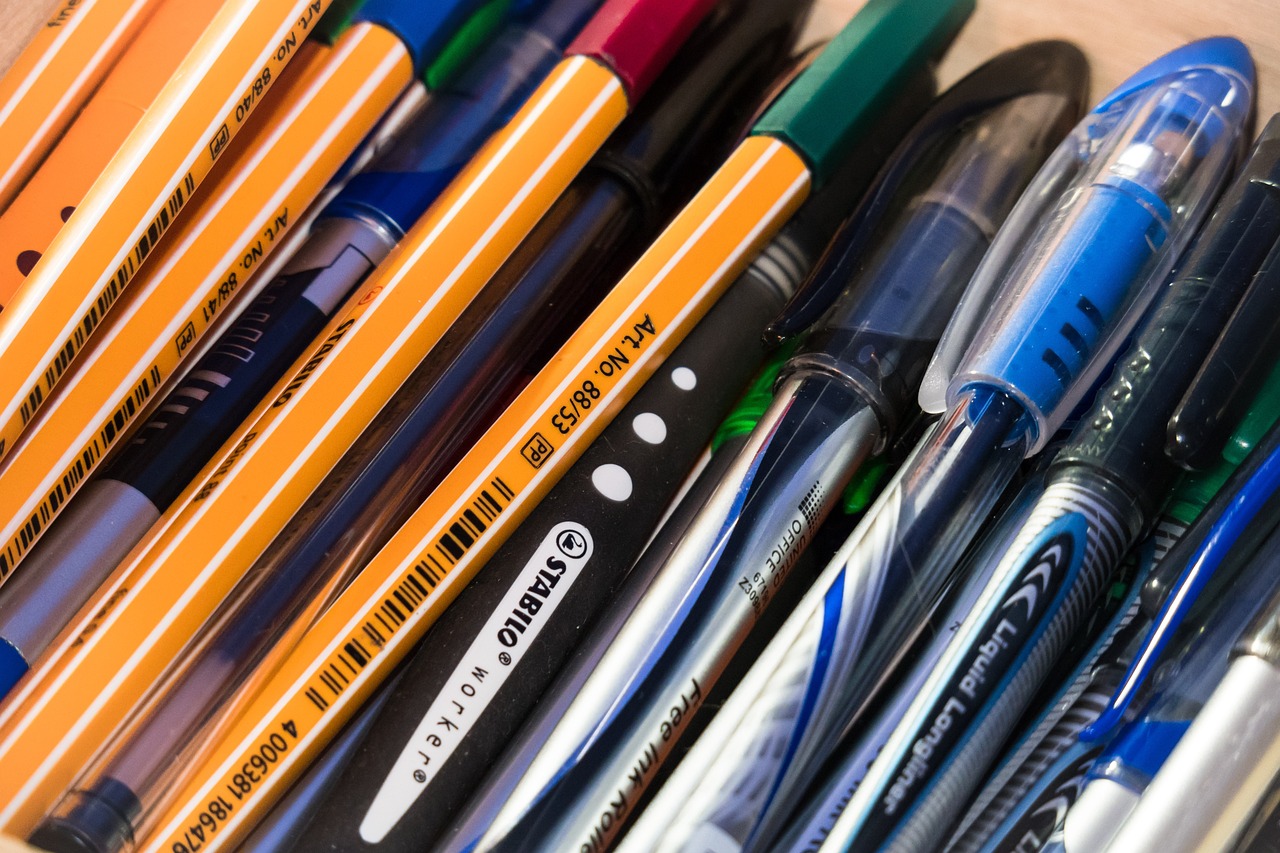
Minimize Distractions
When it comes to maximizing efficiency during your workday, minimizing distractions plays a crucial role. Distractions can disrupt your focus, decrease productivity, and ultimately hinder the accomplishment of your tasks. Therefore, it is essential to implement strategies that help you stay on track and maintain concentration.
One effective way to minimize distractions is to create a designated workspace that is free from clutter and unrelated items. A clean and organized environment can significantly reduce visual distractions and create a conducive atmosphere for work. Additionally, ensuring that your workspace is comfortable and well-lit can further enhance your focus and productivity.
Another strategy to minimize distractions is to establish boundaries with colleagues, family members, or roommates during your work hours. Clearly communicate your availability and the importance of uninterrupted work time to avoid unnecessary interruptions. Setting specific times for breaks or social interactions can help strike a balance between work and personal engagements.
Utilizing technology tools to block distracting websites or notifications can also be beneficial in minimizing distractions. There are various apps and browser extensions available that can help you stay focused by limiting access to non-work-related content during designated work hours. By leveraging these tools, you can create a digital barrier against distractions and maintain your concentration.
Moreover, practicing mindfulness techniques such as deep breathing exercises or meditation can aid in minimizing distractions and improving your ability to stay present and focused on the task at hand. Taking a few moments to center yourself and clear your mind can enhance your mental clarity and reduce the impact of external distractions.
Overall, by implementing these strategies and incorporating them into your daily work routine, you can effectively minimize distractions and create a more focused and productive work environment. Remember, small adjustments can lead to significant improvements in your ability to concentrate and accomplish tasks efficiently.
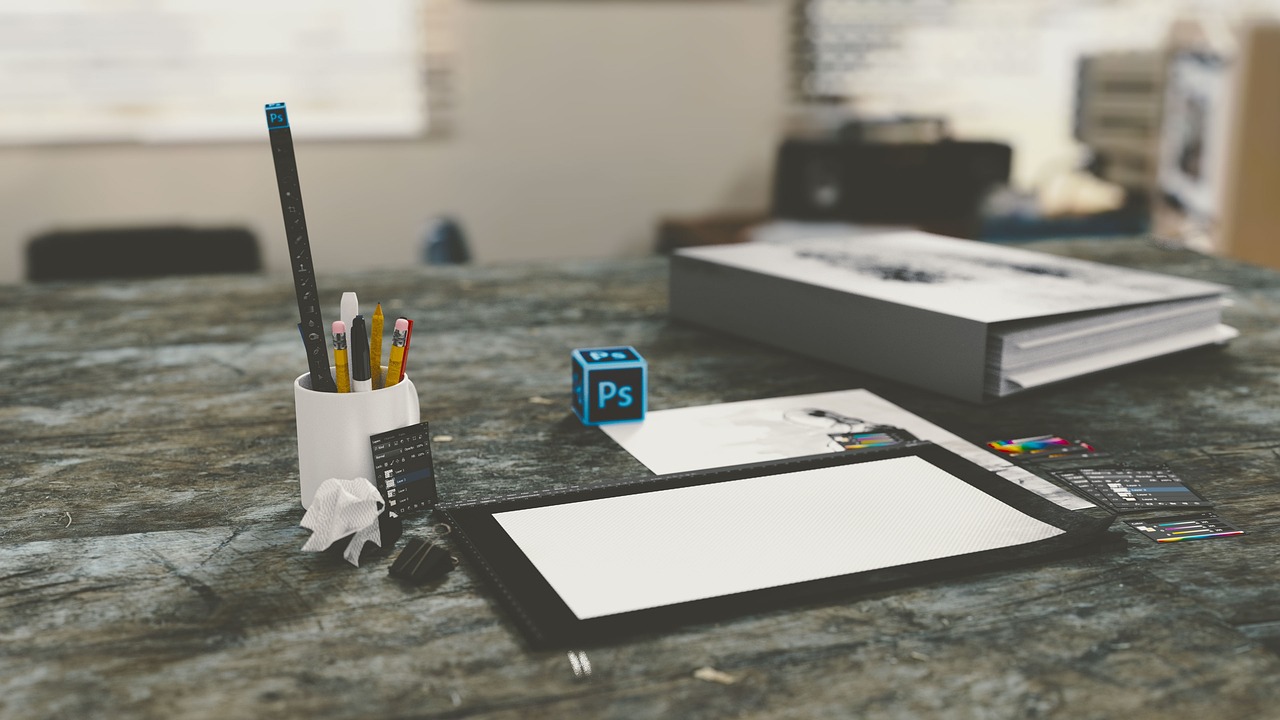
Utilize Technology Tools
When it comes to maximizing efficiency in your workday, leveraging technology tools can be a game-changer. In today's digital age, there is a wide array of apps and software designed to streamline tasks, manage time effectively, and enhance overall productivity. By incorporating these tools into your workflow, you can work smarter, not harder.
One useful technology tool to consider is project management software, such as Trello or Asana. These platforms allow you to create task lists, set deadlines, and collaborate with team members seamlessly. By having a centralized hub for all your projects, you can stay organized and ensure nothing falls through the cracks.
Additionally, time tracking apps like Toggl or RescueTime can provide valuable insights into how you spend your time during the workday. By tracking your activities, you can identify time-wasting habits and make adjustments to optimize your productivity.
Communication tools like Slack or Microsoft Teams can also streamline collaboration and reduce the need for lengthy email chains. Instant messaging and file sharing features make it easy to communicate with colleagues in real-time, fostering a more efficient work environment.
Furthermore, automation tools such as Zapier or IFTTT can help eliminate repetitive tasks by creating workflows that connect various apps and services. By automating routine processes, you can free up time for more high-value work that requires your attention.
Overall, by embracing technology tools that align with your work style and preferences, you can supercharge your productivity and achieve more in less time. The key is to leverage these tools strategically to support your goals and enhance your efficiency throughout the workday.
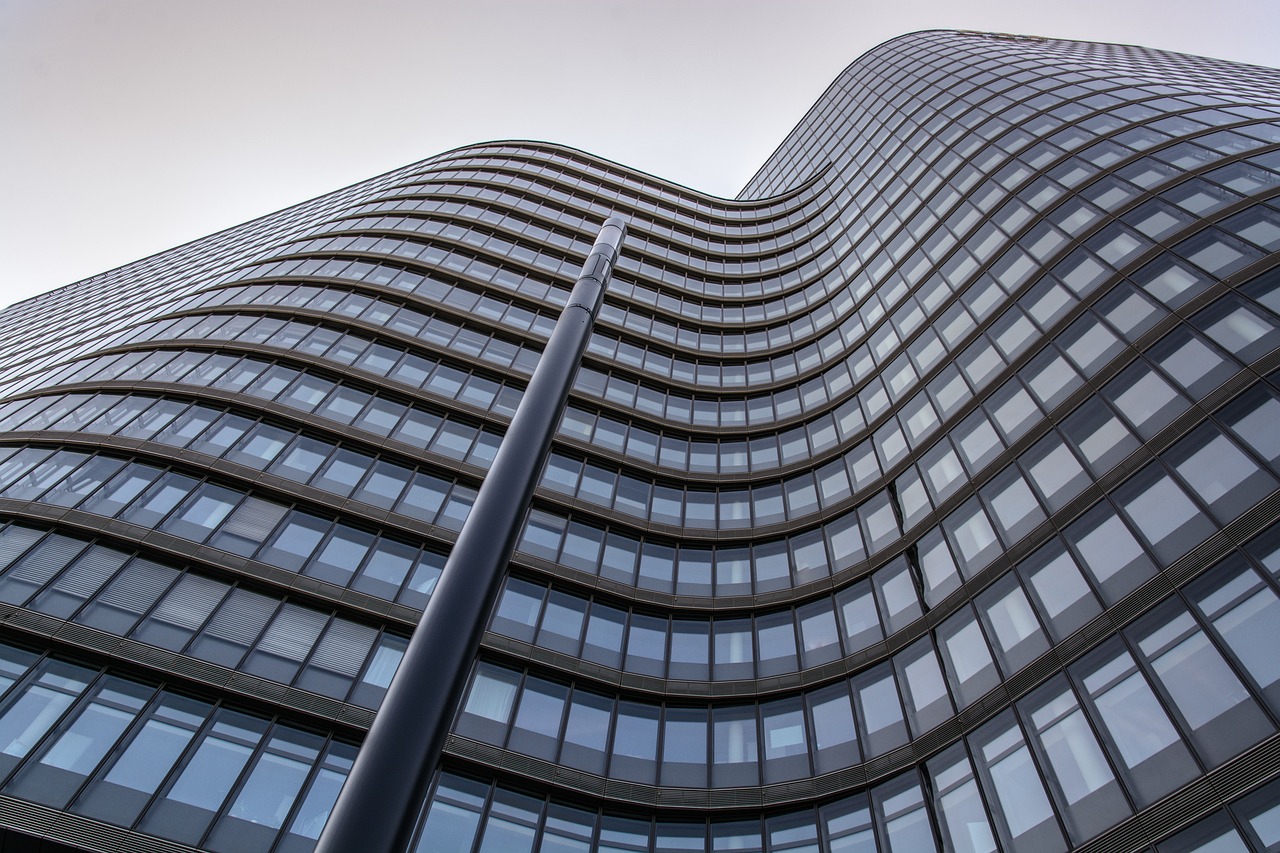
Reflect and Adjust
Reflecting on your workday is a crucial step towards continuous improvement and enhanced productivity. By taking the time to review your accomplishments, challenges, and overall performance, you can gain valuable insights into your work habits and areas that may need adjustment.
Consider setting aside a few minutes at the end of each day to reflect on what went well and what could have been done differently. This self-assessment process allows you to celebrate your achievements, learn from mistakes, and make informed decisions on how to optimize your workday for better results.
Moreover, adjusting your approach based on these reflections is key to long-term success. Whether it's reorganizing your task priorities, reallocating time blocks, or implementing new strategies to minimize distractions, being adaptable and open to change is essential in achieving maximum efficiency.
Think of this reflection and adjustment process as fine-tuning a musical instrument - small tweaks can make a significant difference in the overall harmony of your workday. Embrace the opportunity to refine your workflow and make the necessary changes to reach your peak performance levels.
Frequently Asked Questions
- How can I create a structured workday for maximum efficiency?
To create a structured workday for maximum efficiency, you can start by establishing a morning routine to set a positive tone, plan and prioritize tasks by creating a to-do list, set specific goals to focus your efforts, allocate time blocks for dedicated tasks, take regular breaks to recharge, minimize distractions in your work environment, utilize technology tools to streamline tasks, and reflect on your workday to make necessary adjustments for future productivity.
- Why is it important to establish a morning routine?
Establishing a morning routine is crucial as it sets a positive tone for the day, helps in boosting productivity, and creates a sense of consistency. Starting the day with a routine allows you to ease into your tasks, mentally prepare for the day ahead, and can lead to a more focused and organized workday.
- How can I effectively prioritize tasks?
To prioritize tasks effectively, you can create a to-do list with all your tasks, categorize them based on urgency and importance, use prioritization techniques such as the Eisenhower Matrix, and focus on completing high-priority tasks first. By organizing your tasks in this manner, you can ensure that you are addressing the most critical work items efficiently.
- What are the benefits of taking regular breaks during the workday?
Taking regular breaks during the workday is essential for maintaining mental clarity, preventing burnout, and improving overall productivity. Short breaks allow you to recharge, refocus your attention, and can lead to increased creativity and better decision-making. By incorporating breaks into your schedule, you can sustain your energy levels and work more effectively.
- How can I minimize distractions in my work environment?
To minimize distractions in your work environment, you can identify common sources of interruptions such as noise, social media, or clutter, and take steps to eliminate or reduce them. Strategies like setting boundaries, creating a dedicated workspace, using noise-cancelling headphones, and practicing mindfulness can help you stay focused and productive throughout the day.

